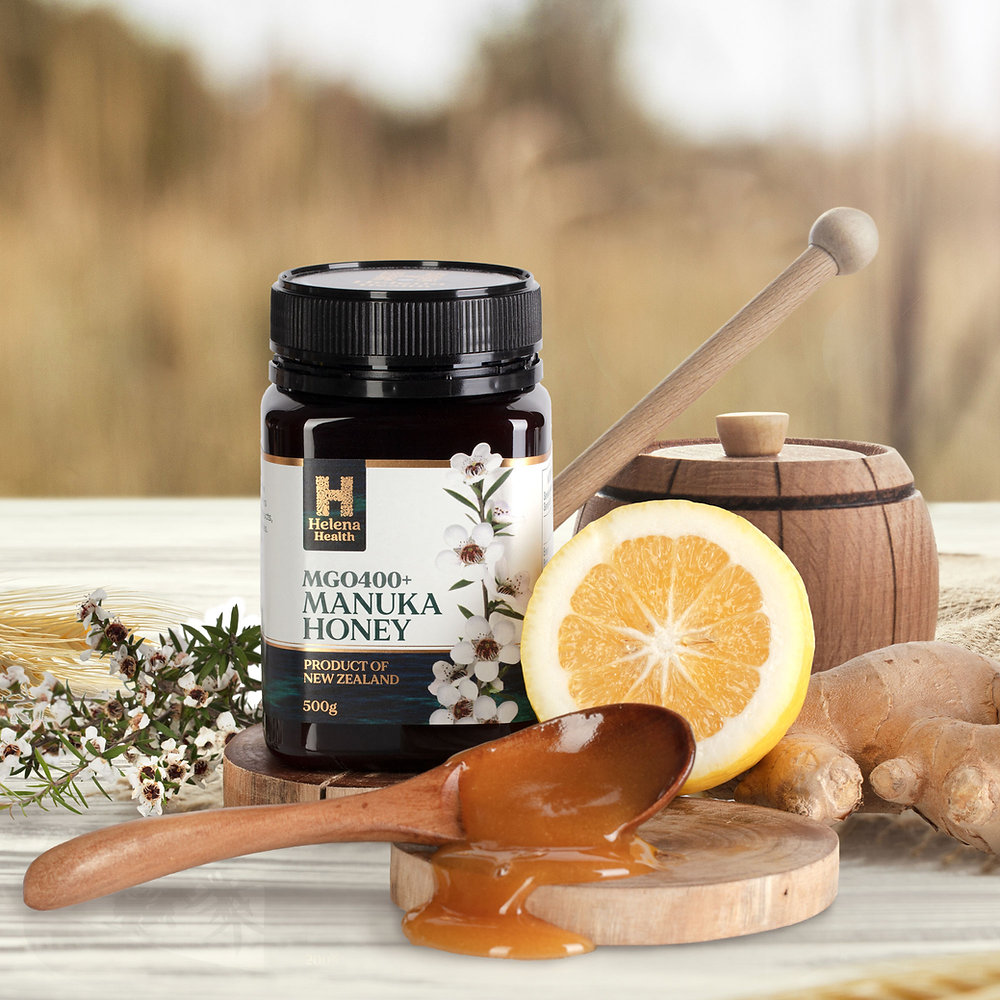
Manuka honey is known for its unique healing properties and delicious taste, making it a popular choice among health enthusiasts and culinary enthusiasts alike. But have you ever wondered if this golden elixir has an expiration date? In this article, we take a closer look at the shelf life of Manuka honey and explore whether or not it ever goes bad. Spoiler alert: you may be surprised by the answer! So, grab a cup of tea, sit back, and let’s uncover the truth behind the longevity of Manuka honey.
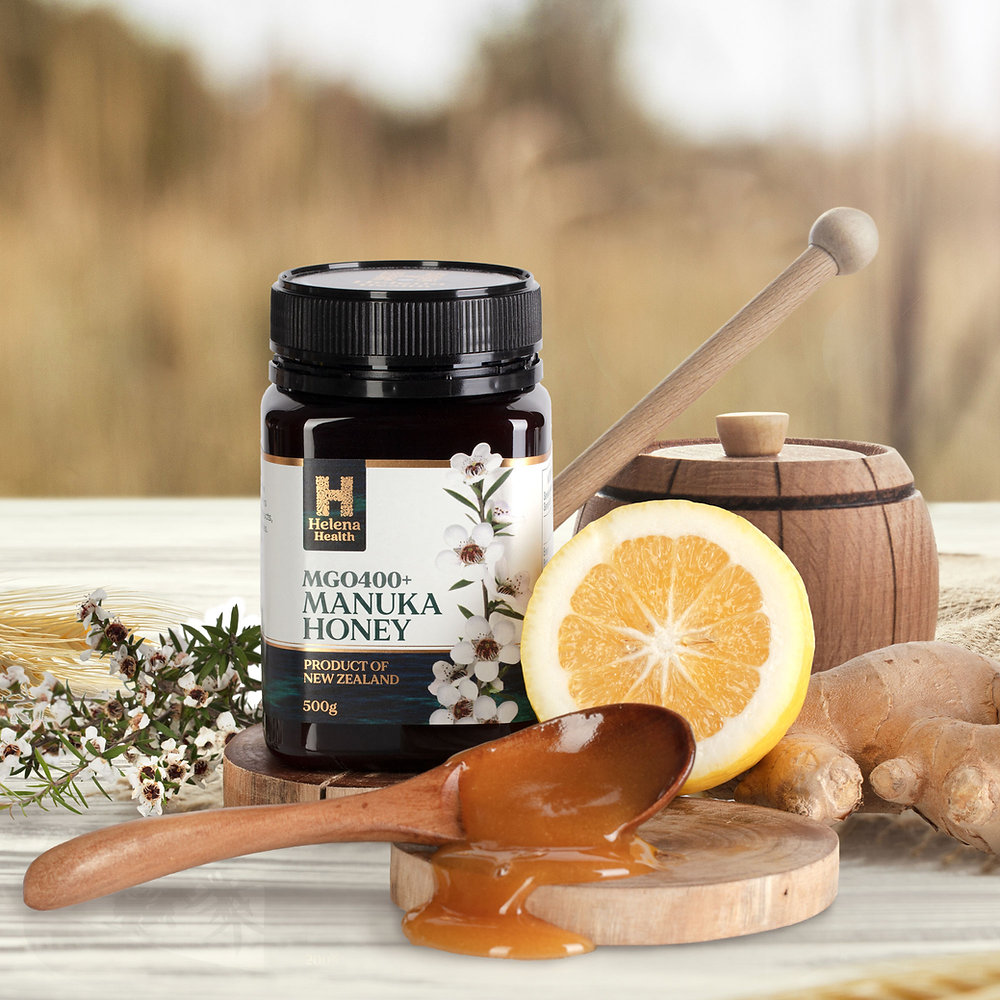
What is Manuka Honey?
Definition
Manuka honey is a unique type of honey that is produced by bees that feed on the nectar of the Manuka tree, which is native to New Zealand. This honey is renowned for its strong antibacterial and healing properties, making it a popular ingredient in various natural remedies and skincare products.
Origin
The Manuka tree, often referred to as Leptospermum scoparium in scientific terms, primarily grows in the remote and pristine regions of New Zealand. This tree blooms with small, white flowers that produce a rich and potent nectar. Bees collect this nectar and transform it into the distinctive Manuka honey through their natural enzymatic activity.
Factors Affecting Manuka Honey Shelf Life
Storage Conditions
The storage conditions play a crucial role in determining the shelf life of Manuka honey. It is essential to store it properly to ensure that it remains fresh and retains its beneficial properties for an extended period.
Temperature
Heat can have a significant impact on the quality and shelf life of Manuka honey. Exposing it to high temperatures can cause it to lose its beneficial enzymes and antioxidants. Therefore, it is best to store it in a cool and dry place to maintain its integrity.
Light Exposure
Exposure to light, especially sunlight, can accelerate the degradation process of Manuka honey. The UV rays present in sunlight can break down its delicate compounds, leading to a decrease in its potency. To prevent this, it is advisable to store it in a dark place or in an opaque container that protects it from light exposure.
Moisture
Moisture is another factor that can affect the shelf life of Manuka honey. If it comes into contact with moisture, such as water or humidity, it can promote the growth of bacteria and yeast, leading to spoilage. Keeping it away from moisture is essential to maintain its freshness and prevent microbial contamination.
Air Exposure
Exposing Manuka honey to air can also have detrimental effects on its shelf life. Oxygen can react with the components in the honey, causing it to oxidize and lose its flavor and nutritional value. It is advisable to seal the container tightly after each use to minimize air exposure and extend its shelf life.
Understanding Manuka Honey Labels
Best Before Date
Manuka honey products often come with a “best before” date, which indicates the recommended timeframe for consuming the honey while it is at its peak quality. It is important to note that the honey is still safe to consume after the best before date but may start to lose some of its unique properties and taste.
Manufacturing Date
Some Manuka honey products may also include the manufacturing date on the label. This date indicates when the honey was produced or packaged. While it does not necessarily indicate its expiration date, it can provide an estimation of its freshness and how long it has been sitting on the shelf.
How to Store Manuka Honey
Sealed Container
One of the crucial steps in storing Manuka honey is to ensure that it is stored in a sealed container. This helps to maintain its freshness by preventing external contaminants from entering and compromising its quality. Airtight jars or containers with a tight lid are ideal for storing honey.
Cool and Dark Place
To preserve the integrity of Manuka honey, it is recommended to store it in a cool and dark place. Excessive heat or sunlight can degrade the honey, causing it to lose its beneficial properties. Choosing a cool, dry spot away from direct sunlight, such as a pantry or cupboard, is the best option for storage.
Avoid Moisture
To prevent the growth of bacteria and yeast, it is crucial to keep Manuka honey away from moisture. Ensure that the container is tightly sealed and stored in a dry environment. Avoid storing it near sources of water or in humid areas, as humidity can promote spoilage and reduce its shelf life.
Preventing Crystallization
Crystallization is a natural process in which the sugars present in honey form solid crystals, resulting in a grainy texture. While crystallization does not indicate that the honey has expired or gone bad, it may change the texture and make it less appealing. To prevent crystallization, store Manuka honey at temperatures between 64-75°F (18-24°C), as lower temperatures can accelerate the crystallization process.
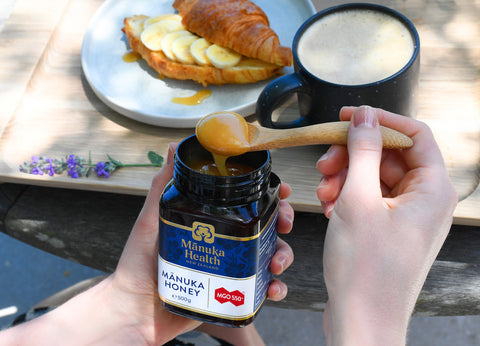
Signs of Expired Manuka Honey
Texture Changes
Expired Manuka honey may undergo noticeable texture changes. It may become thick, grainy, or develop a crystallized consistency. While crystallization is a natural process and does not indicate spoilage, an overly thick or gritty texture may suggest that the honey has been stored improperly or for an extended period, affecting its quality.
Off Odor
Another sign of expired Manuka honey is a change in odor. Fresh Manuka honey has a distinct floral scent with hints of caramel and earthy notes. If the honey develops an off or unpleasant odor, it may indicate that it has started to spoil or ferment. In such cases, it is advisable to discard the honey.
Off Taste
Expired Manuka honey may also have an off or altered taste. The flavor of fresh Manuka honey is rich, slightly sweet, and often characterized by its unique herbal undertones. If the honey tastes sour, fermented, or has a metallic aftertaste, it is a clear indication that it has expired and should not be consumed.
Safety Concerns with Expired Manuka Honey
Bacterial Growth
One of the safety concerns associated with expired Manuka honey is the risk of bacterial growth. The presence of moisture or improper storage conditions can provide an environment conducive to bacterial growth, including harmful bacteria such as Clostridium botulinum. Consuming honey that has been contaminated with harmful bacteria can lead to food poisoning and other illnesses.
Toxic Honey
In rare cases, honey can develop toxic properties due to the presence of certain compounds or contaminants. While these instances are infrequent, it is essential to be cautious and vigilant when consuming expired or spoiled Manuka honey. Discarding the honey is the best course of action to avoid any potential health risks.
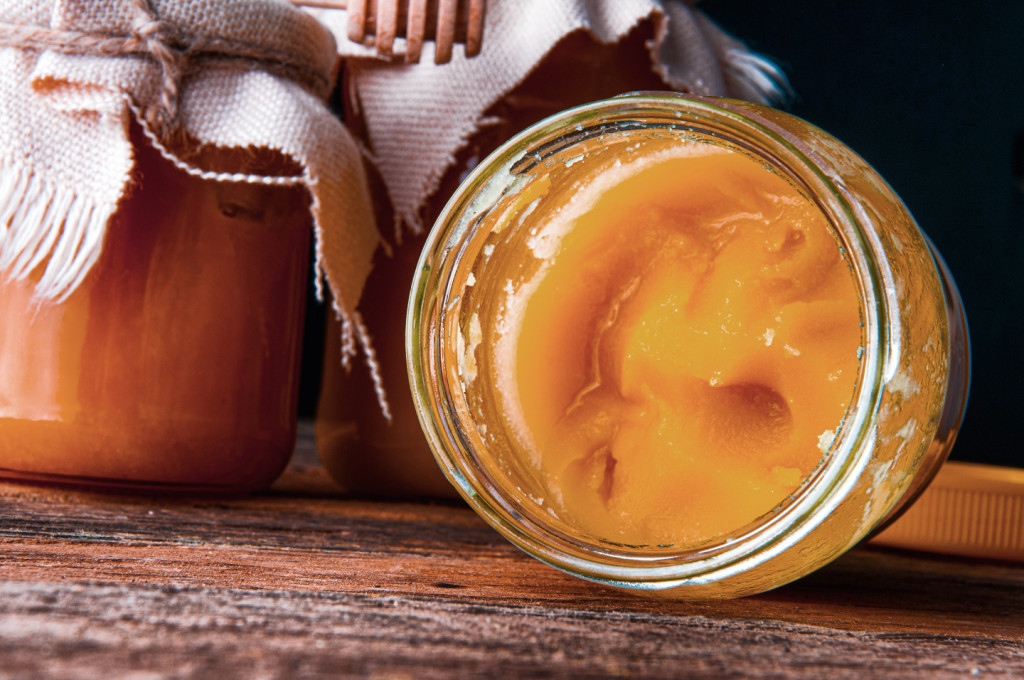
Extending Manuka Honey Shelf Life
Freezing
Freezing Manuka honey can help extend its shelf life significantly. Transfer the honey into a freezer-safe container, leaving some headspace for expansion, and store it in the freezer. When ready to use, allow the honey to thaw naturally at room temperature. However, keep in mind that freezing may alter the texture and consistency of the honey.
Heat Treatment
Another method to prolong the shelf life of Manuka honey is through heat treatment. Gently warming the honey to a temperature of around 130°F (54°C) can help kill any potential bacteria or yeast without significantly affecting its beneficial enzymes and properties. It is important not to overheat the honey as excessive heat can damage its delicate compounds.
Darkening Process
Over time, Manuka honey naturally darkens and develops a more robust flavor profile. While this may change its appearance and taste, it does not indicate expiration or spoilage. The darkening process is a result of the honey’s natural aging process and can be considered a sign of authenticity and quality.
Recommended Storage Duration for Manuka Honey
Properly stored and unopened, Manuka honey can retain its quality and potency for several years. However, it is generally recommended to consume it within two or three years from the manufacturing date to fully enjoy its unique properties. Once opened, it is advisable to consume it within a year for optimal quality.
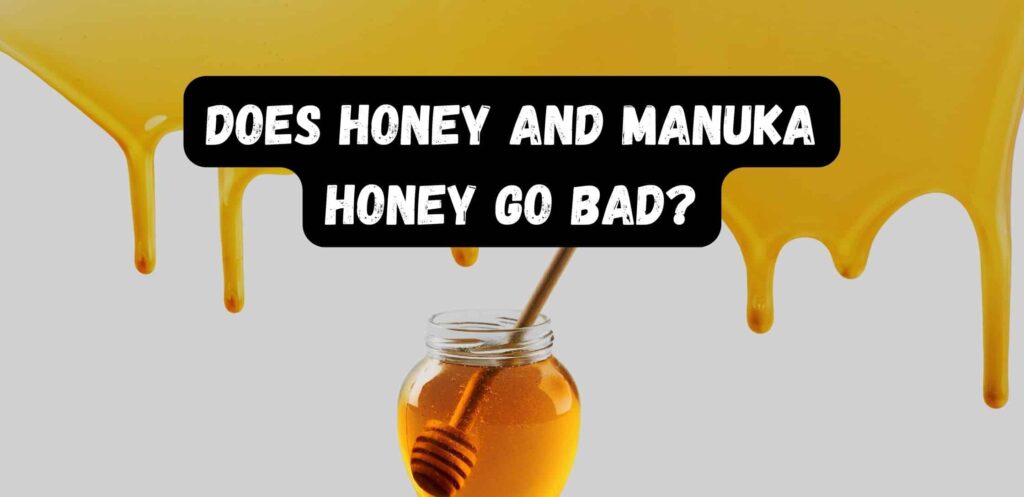
Conclusion
Manuka honey is a remarkable natural product with numerous health benefits and a long shelf life when stored correctly. Understanding the factors that affect its shelf life, such as storage conditions, temperature, light exposure, moisture, and air exposure, is crucial in preserving its freshness and beneficial properties. By following proper storage practices and being aware of signs of expiration, the quality and safety of Manuka honey can be maintained, allowing you to enjoy its exceptional qualities for an extended period.